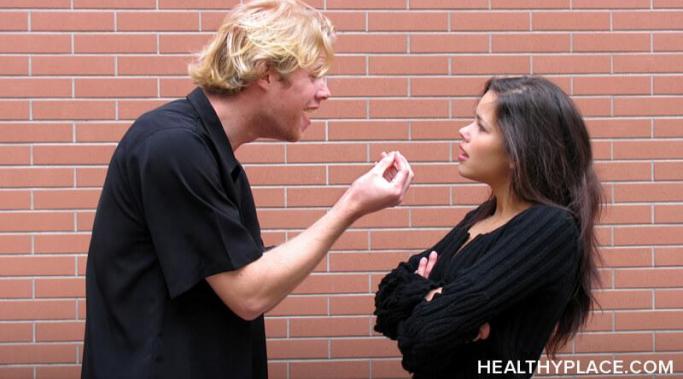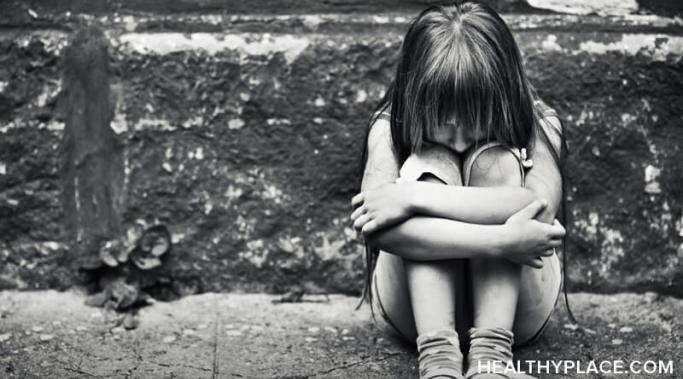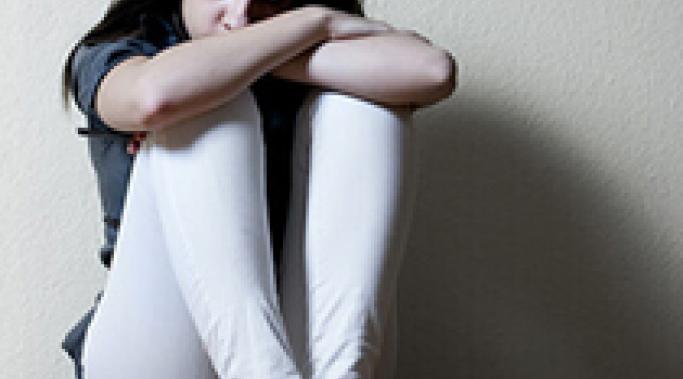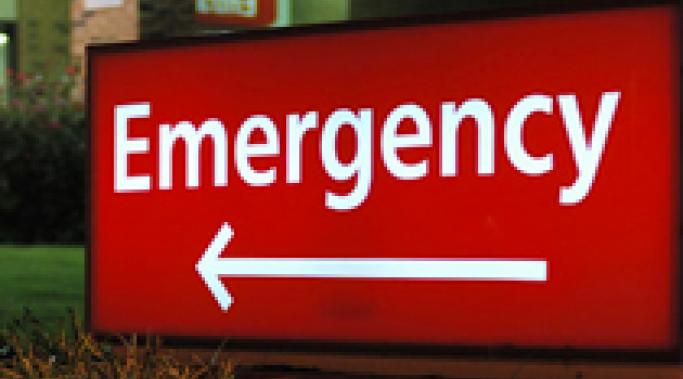Have you ever thought about the power of psychiatric medications to save lives? In the past few days, I was let go from one of my jobs and one of my pet rats died unexpectedly. This would be a stressful situation for anyone, but a few years ago this would have had me drunk and suicidal. But, thanks to the power of psychiatric medications, I'm sober and safe. I can deal with life's curveballs--something I couldn't do off my medications.
Recovering from Mental Illness
There are many ways rape culture impacts survivors' mental health. Rape culture, in a nutshell, is believing that women exist solely for the sexual gratification of men, that their consent is irrelevant, and that they have to protect themselves from men's sexual desires (Getting Raped: The Stigma of Being a Rape Victim). Three ways rape culture impacts survivors' mental health are by teaching a survivor she is "damaged goods," teaching a survivor it's her fault she was victimized, and teaching a survivor her worth comes from sexual purity.
There are three advantages to mental health crisis text lines. Recently, a mental health consumer organization in the greater Indianapolis area started a mental health crisis text line--the 13th such text line in the nation. Also, there is a national mental health crisis text line at 741741 (Suicide Chat Hotline Options). This made me think about three advantages to crisis text lines and how they help mental health consumers in crisis.
While not an official mental health diagnosis, video game addiction is very real (Addicted to Video Games). This is embarrassing to admit, but I did nothing yesterday but play a Facebook game. I began to question whether I had a video game addiction and how to recover from it. Here are some signs that help to recognize a video game addiction and tips on how to recover from it.
It's important to consider whether hospitals should be allowed to release patients to the streets. I was recently in the hospital with an 18-year-old man with bipolar disorder. He was so disruptive in his manic state that the hospital discharged him even though he had no place to go. It's not the first time I've seen a hospital discharge a patient to the streets (Mental Illness and Homelessness). It made me wonder if hospitals should be allowed to release patients to the streets.
Childhood mental disorders are not always the parents' fault. When I graduated from college, my mother dragged me to see a Christian psychiatrist who she was convinced could fix me. She asked the psychiatrist what caused my borderline personality disorder (BPD). The psychiatrist looked her in the eye and explained that BPD is caused by poor parenting. That is not always the case, and we as a society need to change our attitude that childhood mental disorders and illnesses are somehow the parents' fault.
I recently returned from a trip to Quebec, where I learned alcoholism symptoms should not vary by culture. Sadly, they do. In the United States, having a drink in the morning is called an eye-opener and is one of the CAGE Test symptoms of alcoholism. Even WebMD lists it as a sign of a drinking problem. In Quebec, a brunch cocktail such as a mimosa or a bloody Caesar is normal. I even posted to my Facebook page that I had no clue how Canadians diagnose alcoholism because it seemed like everyone drank like fish. Interestingly enough, the alcoholism rate is higher in the U.S. than it is in Canada--but is that because of culture? There needs to be a clearly defined international standard for alcoholism symptoms--not one that seems to vary according to where you are.
I've been thinking about caring for your mental health white traveling as I'm writing this on a train, traveling from Montreal to New York City as part of a vacation. While travel within the country is much simpler than travel out of the country, the following vacation tips are good advice for caring for your mental health while traveling.
Sometimes we don't know if a child's behavior is age-related or a mental illness (Brain Disorders: Mental Disorders vs. Behavioral Disorders). For example, how do you know if your two-year-old is hyperactive or just high-energy? Yet according to the National Alliance on Mental Illness, half of all chronic mental health conditions manifest by age 14, and three-fourths by age 24. In this video, I discuss the difference between age-related behavior and mental illness symptoms.
Sometimes the emergency room becomes a mental health ward. Frequently there are no beds available in psychiatric hospitals so the emergency room is the one place a mental health consumer can be kept relatively safe and under supervision. This has happened to me a few times, and it's such a problem that USA Today mentioned it in an article series.1 But this is ineffective at best and makes things worse at worst. Here is why using emergency rooms as mental health wards doesn't work.








